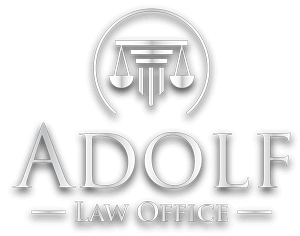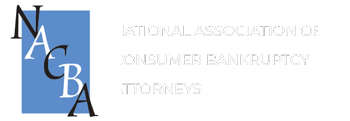Leave Your Debt Problems In The Past
If you are drowning in debt, it may seem like there is no way out. In fact, Chapter 7 bankruptcy offers a clear path to debt relief. Furthermore, if you file for Chapter 7 bankruptcy, your creditors will no longer be able to:
- Garnish your wages
- Repossess your vehicle
- Foreclose on your home
- File lawsuits against you
- Harass you with threatening phone calls and letters
At Adolf Law Office in Fort Wayne, we are strong legal allies for people struggling with wage garnishment, creditor harassment and other consequences of debt. Our clients are good people who have fallen on bad times. We use the power of Chapter 7 bankruptcy law to help them leave their debt problems in the past.
Harness The Power Of Chapter 7
Of all of the debt relief options available to the average consumer, Chapter 7 bankruptcy is the most powerful. In a Chapter 7 bankruptcy, unsecured debt is completely wiped out, meaning you get to start over with a clean financial slate.
Furthermore, Chapter 7 stops debt collectors in their tracks. As soon as you file for Chapter 7, the automatic stay goes into effect. This is a powerful legal move that takes the power from your creditors and puts it in your hands. After you file for Chapter 7, your creditors will no longer be able to take legal action against you or even contact you.
The Road To Debt Relief Starts Here
Struggling with credit card bills, medical bills and other types of debt in Indiana? There is a way out. We can help you find it and put your debt problems behind you for good. To speak with an experienced Chapter 7 bankruptcy lawyer in Fort Wayne, contact our law office online or by telephone at 260-208-4112.
We are a debt relief agency. We help people file for bankruptcy relief under the Bankruptcy Code.




